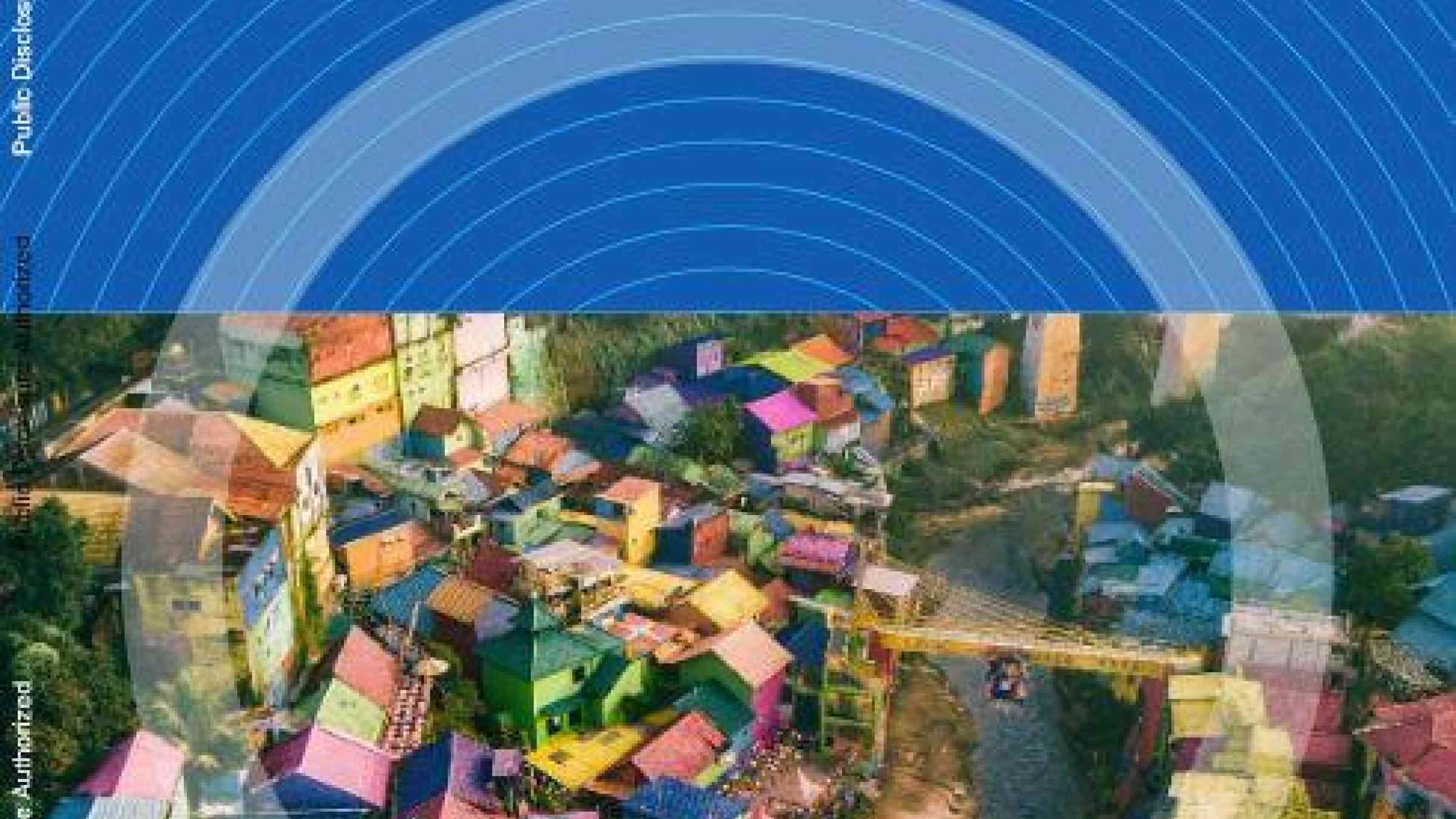Off grid living and survival: Imagine a life unbound by the constraints of modern infrastructure, a life where self-reliance and resourcefulness are paramount. This isn’t just about escaping the grid; it’s about embracing a deeper connection with nature, fostering resilience, and forging a path toward true independence. This journey delves into the practicalities and philosophies of off-grid existence, equipping you with the knowledge and skills to thrive in a self-sufficient lifestyle, whether you’re seeking a full-time escape or simply enhancing your preparedness.
From designing sustainable food systems and building resilient shelters to mastering essential survival skills and navigating the legal landscape, this comprehensive guide unravels the complexities of off-grid living. We’ll explore diverse lifestyles, from minimalist retreats to thriving homesteads, providing practical advice and inspiring examples to help you chart your own course toward a more self-sufficient and fulfilling life. Prepare to discover the transformative power of living beyond the grid.
Legal and Regulatory Aspects of Off-Grid Living
Embarking on the off-grid journey requires careful consideration of the legal landscape. Navigating the complexities of land ownership, zoning regulations, and building permits is crucial for a successful and legally sound transition to self-sufficient living. Failure to comply with these regulations can lead to significant legal challenges and potentially the loss of your hard-earned investment.
Zoning Laws and Building Permits for Off-Grid Dwellings
Zoning laws dictate how land can be used within a specific jurisdiction. These laws often restrict the types of structures permitted, their size, and their proximity to property lines and natural features. Building permits, typically required for any new construction or significant modifications to existing structures, ensure that buildings meet safety and environmental standards. Obtaining necessary permits for off-grid dwellings can be challenging due to the often unconventional nature of these projects.
Many jurisdictions lack specific regulations for off-grid structures, requiring extensive research and potentially navigating complex bureaucratic processes. For example, a county might permit only conventional septic systems, making it difficult to gain approval for a composting toilet, a common feature of off-grid living. Similarly, regulations regarding water sourcing and energy generation might conflict with off-grid solutions. Thorough investigation of local zoning ordinances and proactive communication with relevant authorities are essential steps.
Land Ownership and Property Rights in Off-Grid Contexts, Off grid living and survival
Securing appropriate land ownership is paramount for off-grid living. This involves understanding property lines, easements, and any existing restrictions on land use. Purchasing land outright offers the greatest level of control, but it can be expensive. Leasing land provides a more affordable option, but it introduces contractual obligations and potential limitations on land use. Understanding the nuances of property rights, such as mineral rights or water rights, is equally important.
For instance, if you plan to drill a well for water, you need to ascertain whether you have the legal right to access groundwater on your property. Similarly, if you intend to harvest timber or engage in other land-use activities, you must ensure these activities comply with existing laws and regulations. Consulting with a land surveyor and a legal professional specializing in property law is highly recommended before acquiring or leasing land for off-grid living.
Navigating Legal Challenges Associated with Off-Grid Infrastructure
Establishing essential infrastructure, such as water, sanitation, and energy systems, often presents unique legal challenges in off-grid settings. Regulations governing water usage, wastewater disposal, and energy generation can vary widely across jurisdictions. For example, the use of rainwater harvesting systems might be restricted, and the installation of solar panels or wind turbines might require specific permits or inspections.
Similarly, the construction of alternative sanitation systems, like composting toilets, might be subject to local health regulations. To avoid legal complications, prospective off-grid dwellers should carefully research and comply with all applicable regulations concerning infrastructure development. This might involve obtaining multiple permits from different agencies and adhering to stringent environmental protection standards. Proactive engagement with local authorities and a thorough understanding of relevant regulations are crucial for successful implementation of off-grid infrastructure.
Embarking on the path of off-grid living and survival is a deeply personal journey, one that demands careful planning, unwavering dedication, and a profound respect for the natural world. While challenges undoubtedly exist, the rewards – a life lived on your own terms, a heightened sense of self-reliance, and a profound connection with the land – are immeasurable. This guide has provided a foundational understanding, but the true mastery lies in your own exploration, experimentation, and adaptation.
Embrace the adventure, and discover the incredible resilience and resourcefulness within yourself. The journey awaits.
Essential FAQs: Off Grid Living And Survival
What are the biggest initial costs associated with off-grid living?
Initial costs vary greatly depending on your chosen location and lifestyle, but significant investments often include land acquisition, shelter construction or renovation (including materials and tools), and setting up essential systems like water collection and renewable energy generation.
How do I handle waste disposal in an off-grid setting?
Effective waste management is crucial. Composting toilets are common for human waste. Recycling and repurposing materials are essential. Biodegradable waste can be composted. Non-biodegradable waste requires careful storage and potentially transportation to a designated disposal site.
What are the social implications of choosing an off-grid lifestyle?
Social isolation is a potential drawback. Building a strong community with like-minded individuals is key. Maintaining connections with friends and family via technology or regular visits is important. Balancing solitude with social interaction is a crucial aspect of successful off-grid living.
How do I find suitable land for off-grid living?
Research land availability in your desired region. Consider factors like access to water sources, soil quality, zoning regulations, and proximity to essential services (if desired). Consult with real estate agents specializing in rural properties and thoroughly investigate land ownership and legal aspects before purchasing.
Obtain access to off grid living alaska youtube to private resources that are additional.

